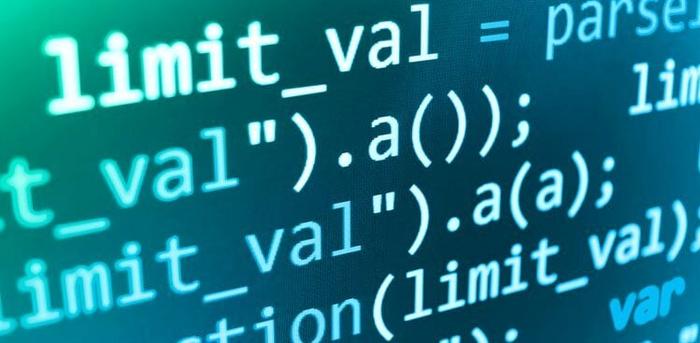
You’ve no doubt heard that you should probably learn to code. If not, here’s everyone from Bill Gates to Will.i.am making the case that just about everyone could benefit from knowing at least some programming basics. Entrepreneurs especially have been told that technical skills will markedly increase their chances of success.
So what if you’ve heard this message loud and clear and even given it a go, trying to learn some coding skills even if you are way past the “playing around with a computer in your dorm room or mom’s basement” stage, only to discover that the whole experience made you feel, well, kind of stupid?
If you were utterly intimidated by being a late bloomer and quickly decided you were too far behind to ever catch up, Katie Siegel, director of HackMIT, has written the perfect Medium post for you. If your initial attempts to learn to code left you feeling dumb and discouraged, you’re probably approaching the situation with the wrong attitude, she argues.
The Joy of Building Stuff
In her revealing post, Siegel shares her personal story of going from world’s slowest swimmer to competitive athlete, as well as her own bumbling initial attempts to learn to code, and urges newbie programmers not to obsess about what they don’t know, but to focus on the joy of building stuff instead.
“I completely and utterly sucked when I started,” she writes of both her early attempts at swimming and coding, and yet she “went to practice day after day, I kept coding in my spare time, gradually learning more and more.” How did she keep her enthusiasm up despite such unpromising beginnings? By focusing not on how far she needed to go but her pleasure in the process of getting there.
“Many in the CS and hacking world are concerned about ‘being behind’ or ‘starting late.’ Yet, a start date doesn’t define your enjoyment of coding. Yes, someone who has been coding for a decade may think your janky iOS app is lame, but you shouldn’t. And, eventually, with practice, everyone gets far better,” she reassures embarrassed amateur programmers.
“There’s something about the little successes—when you finally figure out how to fix that routing problem or when your project first takes a coherent shape—that makes it worth the hours of frustration. That feeling of accomplishment, when something finally works, is what draws me to development,” she continues, concluding that “there’s no need to start perfect. Be proud of what you’ve done and let it motivate you to do more.”
Intrigued to read the rest of her pep talk for discouraged would-be coders? The whole thing is here and well worth a read if you’ve ever told yourself that you’re too far behind (or too old) to ever learn to code.
What’s holding you back from learning to code?